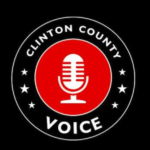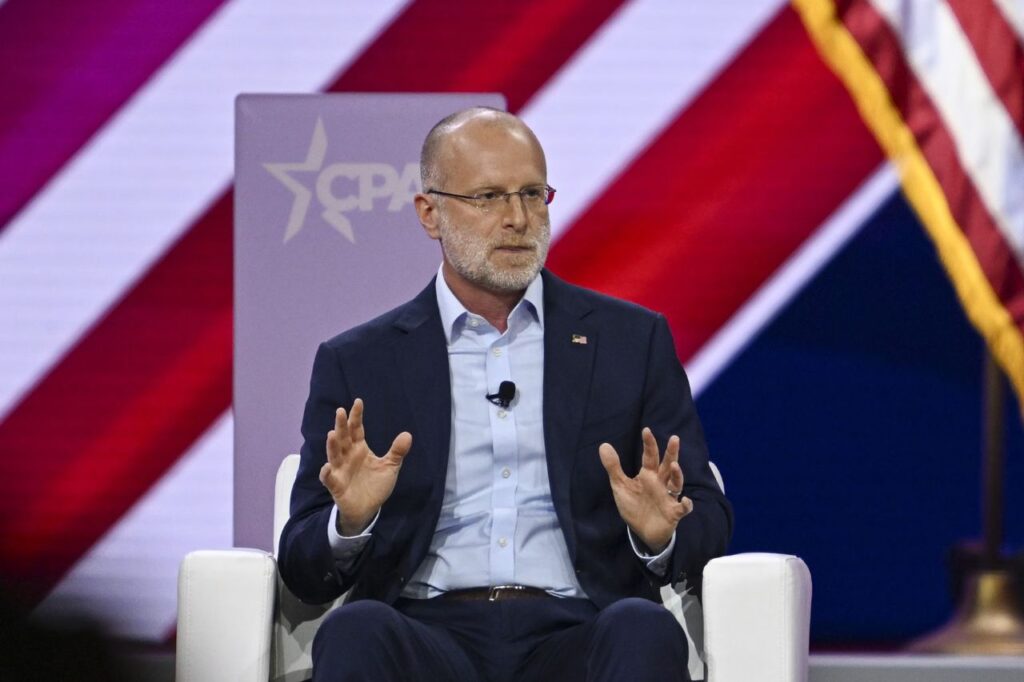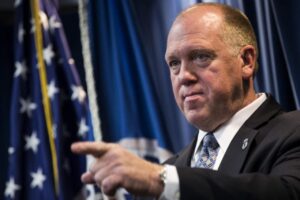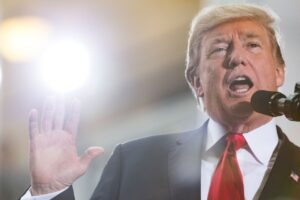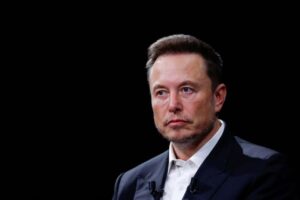In a striking development that has ignited political discourse, the incoming chairman of the Federal Communications Commission (FCC) has voiced concerns over the operational practices of ABC News. The comments, made during a recent public address, have sparked questions about the role of media outlets in maintaining journalistic integrity and unbiased reporting.
Key Allegations Against ABC News
The incoming FCC chairman, widely recognized for his firm stance on media ethics, highlighted instances that he believes undermine transparency and impartiality in news dissemination. While refraining from citing specific examples, his remarks suggested that certain editorial decisions made by ABC News could be construed as misleading to the public.
“The American people deserve an unwavering commitment to truth from their news providers,” the chairman stated, emphasizing his intent to prioritize the enforcement of ethical media practices during his tenure.
Potential Impact on Media Regulation
This development signals a potential shift in how the FCC might approach media oversight. Historically, the FCC has maintained a balanced role, ensuring that broadcasters adhere to licensing agreements while avoiding undue interference. However, the chairman’s comments suggest a proactive stance against what he described as “erosions of public trust” in the media landscape.
Political analysts are divided on the implications of these remarks. Some see them as a necessary step to restore credibility in mainstream media, while others caution against overreach that could stifle journalistic freedom.
ABC News Responds
In response to the chairman’s comments, ABC News released a statement affirming its commitment to journalistic integrity and transparency. “We stand by our dedication to delivering factual and unbiased news to our audience. Any concerns raised will be addressed with the seriousness they deserve,” the statement read.
The media giant also called for a collaborative approach to address concerns, underscoring the importance of maintaining a free and independent press in a democratic society.
Public Reactions and Expert Opinions
The public response has been swift and polarized. Social media platforms are awash with debates, with some users lauding the chairman’s bold stance and others questioning the timing and intent behind his remarks.
Media experts caution that any regulatory actions stemming from this discourse must be carefully crafted to avoid unintended consequences. “While oversight is critical, it’s equally vital to ensure that these measures do not encroach upon First Amendment protections,” noted a leading communications scholar.
What’s Next?
As the new FCC chairman prepares to assume office, all eyes will be on how his administration addresses these concerns. Will there be concrete policy changes, or are these comments a precursor to broader discussions about media ethics?
This unfolding story not only highlights the challenges of media accountability in the digital age but also sets the stage for a potentially transformative era in FCC oversight. For now, the nation waits to see how these concerns will translate into action and whether they will reshape the dynamics of American journalism.
